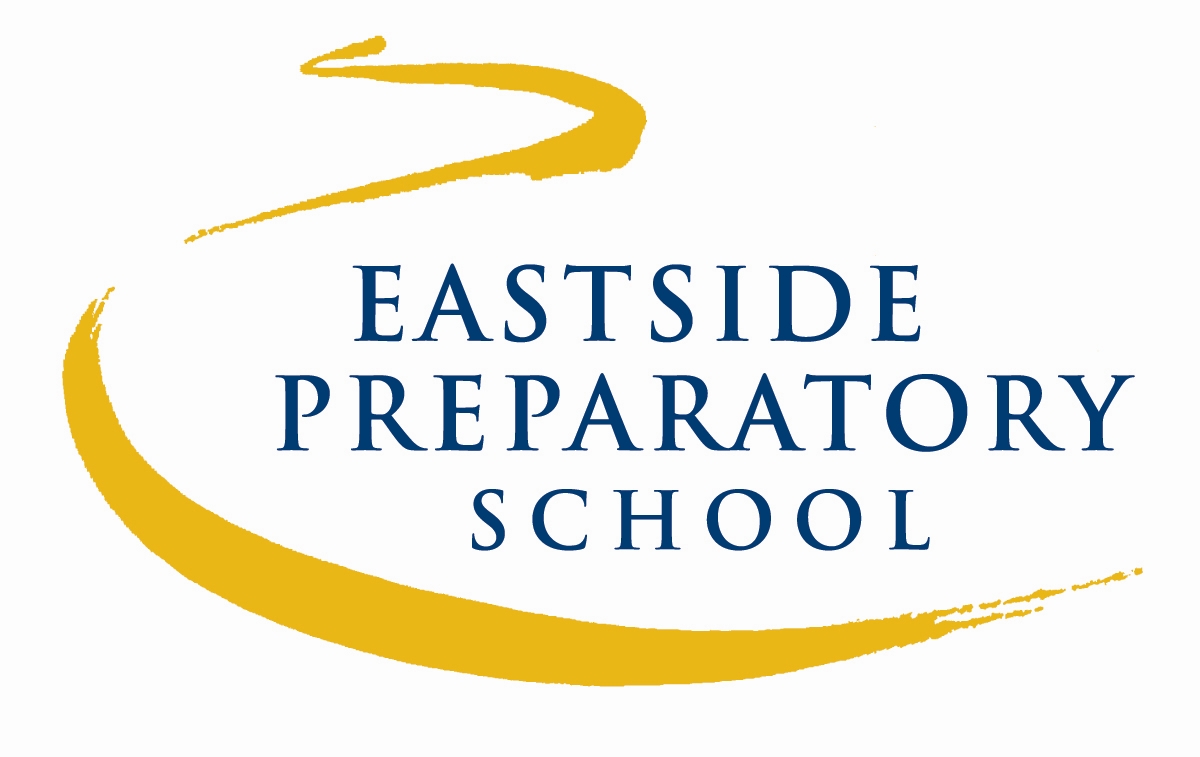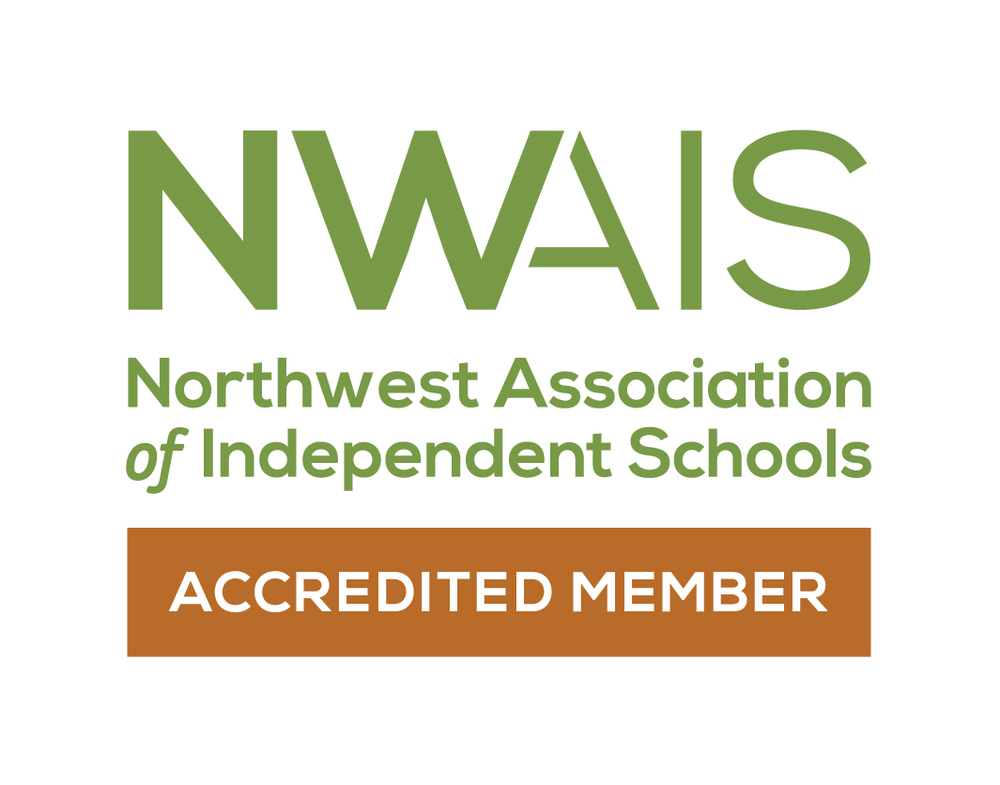

Insight: Re-Accreditation | EPS…Not A Common School
By Matt Delaney, Director of Academic Design & Integration
In 2009 EPS was first accredited as a member school in the Northwest Association of Independent Schools (NWAIS). A school’s accreditation is a seal of approval; in maritime terms, it is an endorsement of your boat as seaworthy.
The Re-Accreditation Process
After an initial round of accreditation, going forward, independent schools complete a re-accreditation process in eight-year cycles. The process has a handful of distinct elements.
Self-Study. The school is asked to complete a self-study using in NWAIS’s standards as a framework. The purpose of the self-study is to articulate in what ways EPS meets/aligns with these standards.
Self-Study Sections
| Section 1 Major Recommendations
Section 2 Mission Statement & Philosophy Section 3 Self-Study Section 4 School Program Section 5 Commitment to Care Section 6 Governance Section 7 Finance |
Section 8 Administration
Section 9 Institutional Advancement Section 10 Enrollment Management Section 11 Human Resources Section 12 School Plant Section 13 Health & Safety |
Visiting Team on the EPS Campus. Once the self-study is complete, it is shared with NWAIS and a visiting team of colleagues who work at member schools in the association. That team then visits the EPS campus. For the schools most recent reaccreditation, that visit happened in the fall of 2018, with the Visiting Team submitting a report about their experience at Eastside Prep in January of 2019.
Visiting Team Report. Having a visiting team on campus that consists of colleagues from other schools, who have years of independent school experience, is a gift. It’s like having a free consultancy group do a free analysis for your company. The report includes commendations, recommendations, and suggestions.
Commendations note what the school is doing exceptionally well. EPS received commendations connected to its mission, academic program, culture, and community.
Recommendations are direction/encouragement to the school to focus energy and resources to continue to improve, refine, and deepen specific elements of the school and school program.
The recommendations EPS received focused on tuning our already robust program and culture. EPS was encouraged, now that it had completed the design and construction of both of the TALI and the TMAC buildings, to reengage some programmatic initiatives that had been put on hold while those buildings were designed and constructed.
Two of these initiatives were the build of the Professional Development Project (PDP) coupled with a Resident Teacher Program to develop existing faculty and grow teachers new to EPS and the independent school world.
The school was also encouraged to continue and deepen its work in the realm of diversity, equity, and inclusion. At EPS, this work is referred to as Equity, Inclusion, & Compassionate Leadership (EICL); the latter concept specifically leveraging one of our four mission points.
Recommendations on this front included:
- planning and doing more inter-cultural literacy and identity work and training for EPS faculty and staff;
- working to ensure that EPS students had mirrors of themselves and their identities in the school curriculum, as well as windows through which they could investigate, recognize, and celebrate the values and identities of others; and
- using an EICL lens in the context of institutional decision-making
Fortunately for EPS, our EICL Co-Coordinators ask us daily to keep refining this lens.
Finally, EPS was encouraged articulate a leadership succession plan, to continue to stress test the school’s financial foundation, and to continue evolving the school’s approach to risk management. Each of which are elements the Board of Trustees and school leadership have been working on for years and will continue to do so as the school evolves.
Suggestions are solely that. They are offerings from members of the Visiting Team based on things they noticed or heard about during their visit. The school is not asked to respond, or address, any suggestions. At the same time, each time we go through the process we find some hidden gems in the suggestions offered by the pro bono consultancy of our NWAIS colleagues.
EPS Response to the Visiting Team’s Report. The final step of the reaccreditation process is for EPS to respond to the Visiting Team’s Report. This past Friday, EPS submitted a fifty-page response document that will be reviewed at the next NWAIS Board of Governors meeting. Access to this document will be shared with the EPS community next week in the Friday email. One thing to note about the school’s response is that it is a proactive approach to the Visiting Team’s recommendations rather than a reactive response. This is how we maintain our agency as an independent institution and stay true to EPS values.
At the conclusion of the visiting teams stay on campus, the chair of that group addressed the full faculty and staff. Her commendations and refrain were the following:
- Everyone in the community knows the mission, what it means, and can point to concrete examples of each mission point in the student experience at EPS…which is not common in schools.
- Each of the community members interviewed from students, to families, to faculty and staff, to leadership, felt that they could participate in the leadership of the school in some way, shape, or form…which is not common in schools.
EPS’s work connected to the accreditation process is an expression of the school’s values, evidence that we are equipped to sail our own ship, and sail it better, daily. Thank you to all who help to keep EPS a tight ship.

